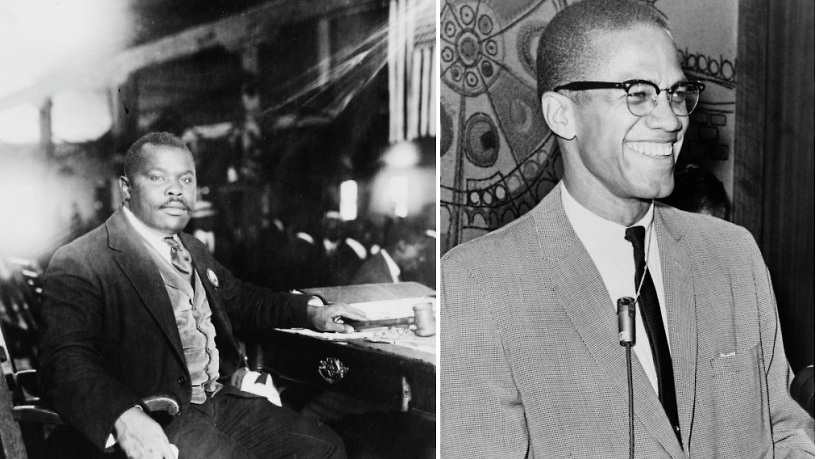(ThyBlackMan.com) On February 29, 1968 President Johnson’s National Advisory on Civil Disorders, tasked with finding the causes of the riots of the 1960s, declared that “our nation is moving toward two societies, one black, one white—separate and unequal.” It charged that “the press has too long basked in a white world looking out of it, if at all, with white men’s eyes and white perspective.” It identified racial discrimination in housing, education and employment as the primary causes of these upheavals. Martin Luther King said their report was “a physician’s warning of approaching death with a prescription for Life.”
Nonetheless, both their findings and King’s warning were ignored. Five weeks later, however, Martin Luther King was killed. There immediately followed spontaneous uprisings in every American city and in many towns across the land. After that the nation took a much more conciliatory tone with regard to racial issues. Affirmative Action programs were put into place in private industry and public institutions. Black access to higher education increased and the Voting Rights and the Civil Rights Acts, recently enacted, were strictly enforced.
institutions. Black access to higher education increased and the Voting Rights and the Civil Rights Acts, recently enacted, were strictly enforced.
The Civil Rights movement ended in 1965, exactly 100 years after the Civil War. And just as the Civil War was followed by a period of Reconstruction, the upheavals after the end of the Civil Rights movement led to national legislation and directives to promote equality during what has been called the “Second Reconstruction.” Has this Second Reconstruction now run its course? The Voting Rights Act, which instituted federal supervision of the electoral process in certain states, is not a permanent provision. Periodically it comes up for review and renewal. The courts or Congress could one day end it. Affirmative Action, meanwhile, has been steadily whittled down by the courts, and lawsuits are regularly brought to strike it down in its entirety.
Black Studies was instituted to counter the narrow focus of the standard university curriculum. Over time, as the mission of Black Studies, the removal of the academy’s pronounced European perspective is achieved, will it too whither on the vine? (Is that what is happening now?) Hence, the same query can be asked of all three: Voting Rights, Affirmative Action and Black Studies, “Are we there yet?”
But where, exactly, is “there?” The Second Reconstruction may well be over, but that does not necessarily mean that it has accomplished its task any better than the first. To ease tensions that immediately threaten society is one thing, to eradicate the underlying causes of strife, is another. Reconstruction accomplished the short term goal of ending Post-Civil War strife, but fell quite short of the mark of ensuring equality. Is the Second Reconstruction, likewise, coming to a close without reaching fruition? Once things quieted down a bit, and the absolute imperative to immediately reform was removed, was Affirmative Action, for all intents and purposes, effectively brought to a close?
Whereas before King’s assassination there had been protracted debate about the timeliness and pace of the civil rights movement and the nature of subsequent militant protests, once Newark and surrounding areas were thoroughly ravaged, and Detroit looked in the word’s of Michigan’s governor, “like Berlin after World War Two,” efforts to ameliorate Black discontent were put on a fast track, and there was a marked willingness to listen to the insistent demands for Black and Ethnic Studies programs and to expand Black and Latino college enrollments. This was the high water mark of the Second Reconstruction.
Two other recommendations of the United States Commission on Civil Disorders were that Black ghettos be broken up and the residents dispersed, and that police and government should develop better means of gathering intelligence on the attitudes and behaviors of the Black community. The first was never acted upon, the second quickly put into place. Thus, a basic cause of Black inequality and unrest went unaddressed, but the means to foresee, contain and react to inner city disturbances was firmly established.
Staff Writer; Arthur Lewin
This talented author has just published a NEW book which is entitled; AFRICA is not A COUNTRY!.
For more articles written by this talented brother click on the following link;https://thyblackman.com/?s=lewin.
















Leave a Reply